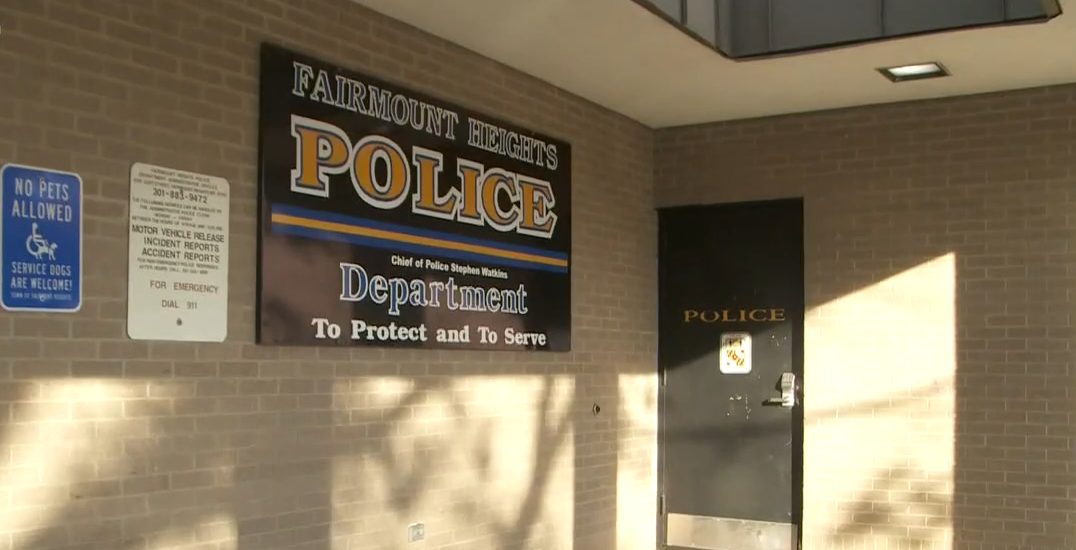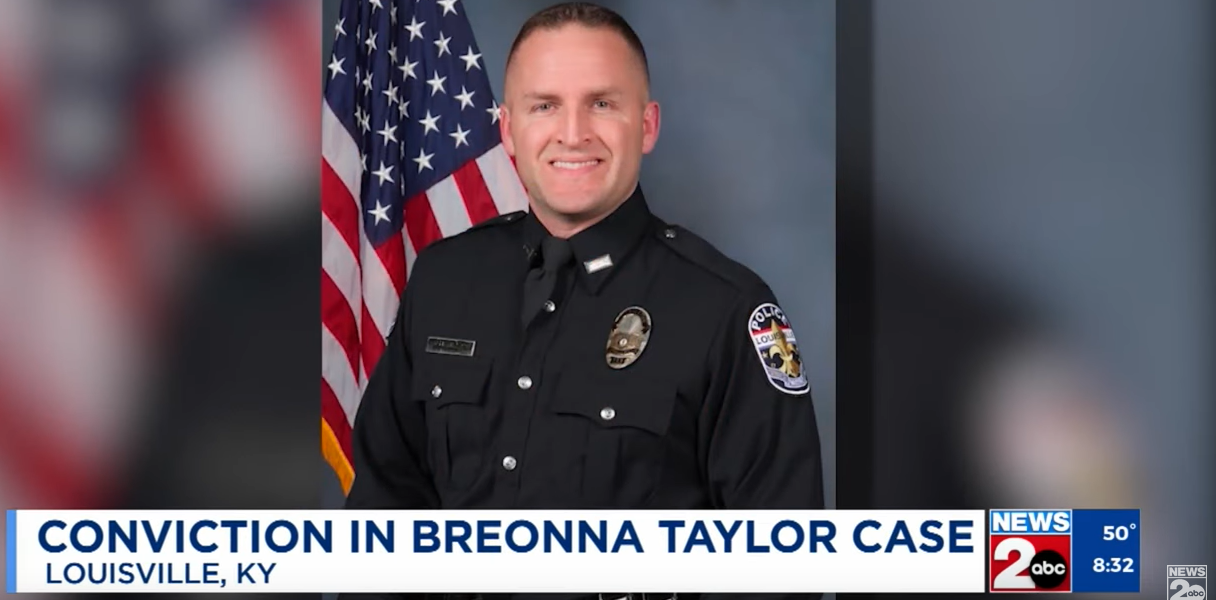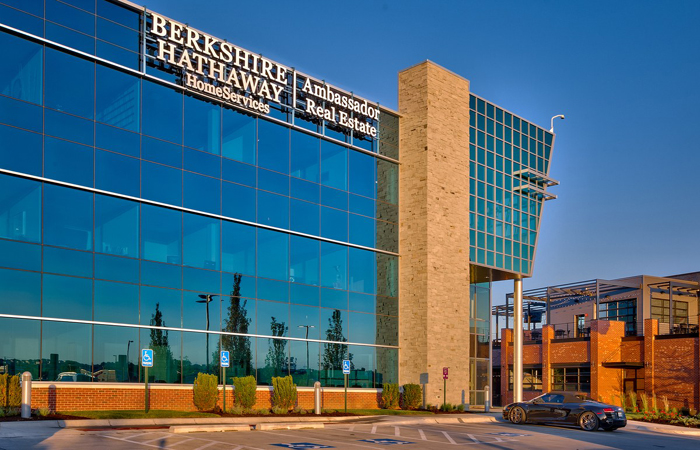Dr. Sheikh Umar Khan
Given, the current rate at which the Ebola virus is spreading across Sierra Leone, Liberia, and the sub-region, something unconventional and unprecedented needs to be done to avoid doomsday scenario. The disease yesterday claimed the life of Sheikh Umar Khan, Sierra Leone’s top Ebola doctor.
President Ernest Bai Koroma must declare a National State of Medical Emergency.
These are desperate times. What we need are desperate measures.
After watching the documentary: “Ebola: The Plague Fighters”, A NOVA Discovery Science documentary and taken into account the current state of the Ebola crisis, I have come to the conclusion that unless something radical is done quickly and drastically now, things can become beyond catastrophic.
A doomsday scenario would leave the entire country with limited resources devastated as hospitals and Ebola treatment centers will be abandoned while medical practitioners flee for their lives; scores of Ebola corpses will be left to rot in the streets of our towns and cities; entire households and families will be wiped out; flights to and from the country will be grounded; foreign countries will stop issuing visas, evacuate their citizens and shutdown their embassies; public utilities such as power and running water facilities will be abandoned leaving the country dark and without water; and businesses and food markets will shut their doors.
While this scenario is probable given the current state of the crisis, appropriate actions must be taken now to avoid it.
The below highlights reasons why everyone should be worried. The troubling conditions on the ground are:
• Scores of Ebola cases have now been reported in several districts in Sierra Leone, including Kailahun, Kenema, Pujehun, Bo, Bombali, and the capital, Freetown
• It must be noted that the Ebola outbreak in Congo/Zaire was reportedly concentrated in one region which makes ours –widely spread– more worrisome
• There is a total lack of trust and confidence in the government and medical system; unfortunately, many still believe there is a conspiracy behind the Ebola outbreak and that Ebola treatment centers are nothing but death chambers
• Most of the sick (be it Ebola or not) are no longer going to hospitals and some may be dying of Ebola in their homes; thereby spreading the virus quietly to families, housemates and neighbors
• Reports of poor management and lack of adequate resource and care at holding centers where suspected Ebola cases are awaiting test results and many reportedly abandon holding centers after few days of waiting
• Although the outbreak has spread to several districts, there are currently very few Ebola testing and treatment centers in the country resulting in blood samples and suspected cases being transported across the country to testing and treatment centers
• Because medical practitioners are contracting the virus at high rates, there is reason to believe that training and protective control measures at testing and treatment centers may not be adequate
• An unconfirmed report from a reliable elder and stakeholder in Kenema states that up to 80% of nurses at the Kenema Government Hospital are volunteers and moreover inadequately trained
• There are challenges in the Ebola awareness and prevention efforts stemming from lack of adequate transparency and integrity in the crisis management process
What must be done now:
• Declare a Medical State of Emergency so that government can secure the necessary powers, share leading roles in the Ebola crisis management with reputable international partners including the World Health Organization, and secure resources needed to curb the spread of the virus
• Establish Ebola testing and treatment centers in all regions where the outbreak is spreading and avoid taking Ebola patients on long road trips across the country
• Provide adequate training and establish improved protective control measures and continuously monitoring at Ebola testing and treatment centers in order to reduce the risk of contracting the virus by medical practitioners and caregivers
• Engage trusted civil society and political leaders, role models, traditional and religious leaders , and other stakeholders so they can help secure the people’s trust in the government and the medical system by educating citizens about the disease and sharing necessary prevention tips widely
• Ensure government and medical practitioners are open and transparent about, and demonstrate integrity in the Ebola crisis management process, accountability for resources allocated, education and updates on the outbreak, and prevention and case management activities
• Take a radical approach toward the Ebola awareness and prevention campaigns including door-to-door process to identify suspected cases in areas where outbreak has been reported; provide effective security, care and management of holding centers for suspected cases; and maximum security of treatment centers
• Prohibit unnecessary gatherings in public places, close all non-essential border entry points, establish adequately equipped holding areas at major airports and major border posts, and monitor and test all incoming travelers using adequately trained medical practitioners in well protective gears












